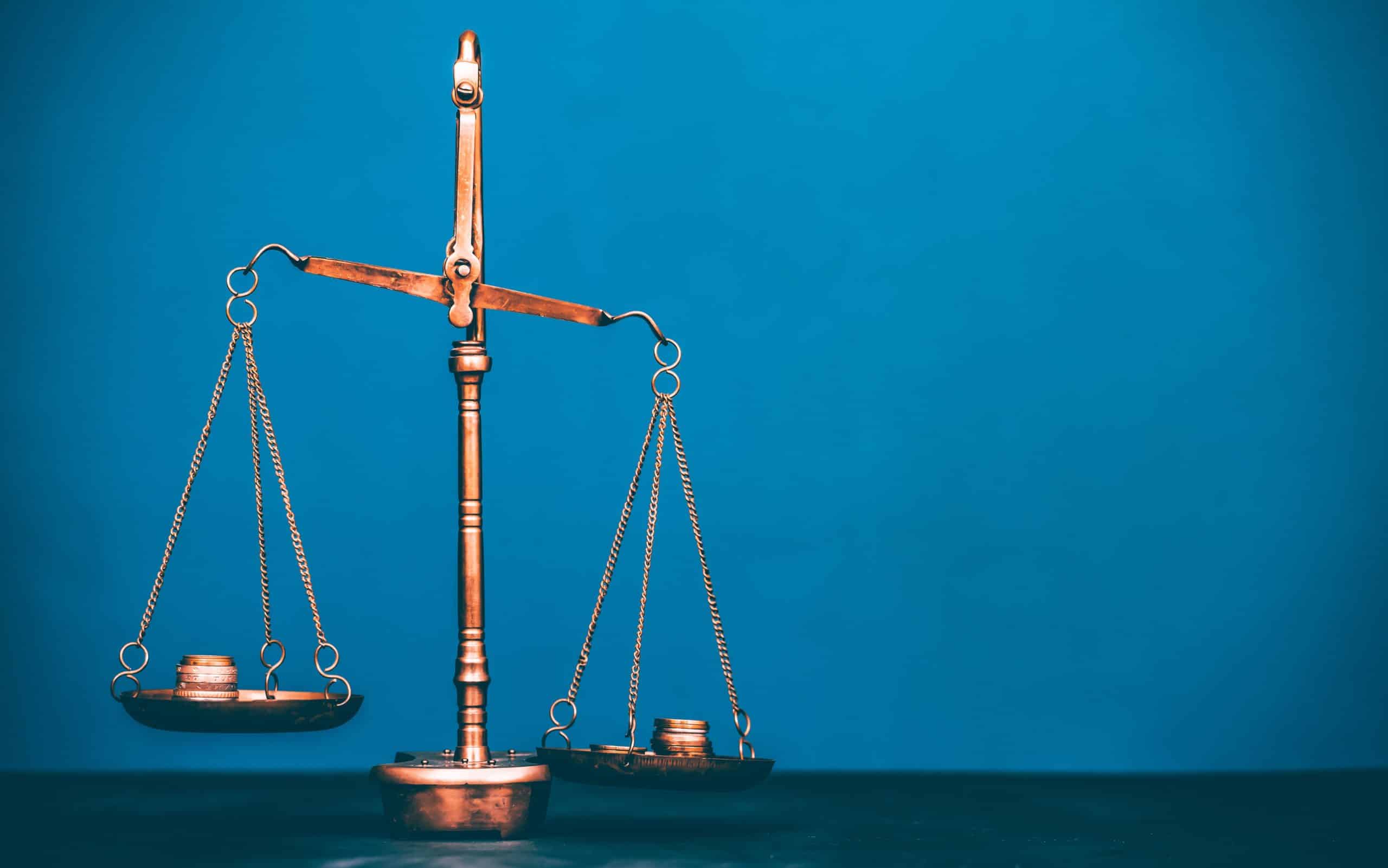A Short Guide: All You Need to Know About Maritime Law – Guest Post

Going to the beach is a time filled with ultimate joy and fun. But have you ever wondered if something went wrong on the sea, how can someone get justice for their harm? Well, as for the roads, there are traffic rules available. Similarly, specific rules and regulations for these endless waters are covered under maritime law.
Now, you might be wondering what exactly this law covers. How they work, and on which factors they can help you. Well, if yes, you’ve come to the right place. In this guide, we’ll take you to this interesting world. We’ll explore its key principles and current issues affecting the maritime world.
So, without taking a moment, let’s begin!
What Are Maritime Laws?
Marine laws are the body of legal rules, conventions, and treaties, which are also known as admiralty laws. These regulations cover a lot, from shipping goods across countries to dealing with accidents in inland, coastal, and ocean navigable waterways. Even an airboat accident in the glades is also controlled by these laws.
Moreover, the claim process under this law involves various categories. It covers factors like personal injury or death on navigable waters, unsafe marine products, or yacht & boat owner insurance conflicts.
Key Principles of Maritime Law
Sea law is a specialized set of legal rules and principles that govern activities on the vast waters. While it may seem complex, let’s break down some of its key principles in simple terms.
Safety at Sea
One of the primary principles of this law is ensuring the safety of people and ships at sea. These rules cover everything from keeping the ship in good condition to preventing accidents.
For example, think of a ship as a big floating building. Just like a building needs fire extinguishers and emergency exits, similarly, a ship must have lifeboats, life jackets, and clear plans for what to do in an emergency.
Environmental Protection
This principle in marine law is like a set of ground rules to keep oceans clean and full of life. Think of it as the ocean’s version of “no littering” signs, but much more comprehensive. These laws are there to prevent pollution, preserve marine ecosystems, and ensure sustainable practices like fishing.,
In simpler terms, if someone or a company does something that hurts the ocean, like dumping waste or overfishing, they can get into serious trouble. They can face hefty fines or other legal consequences in this instance.
Liability and Compensation
Figuring out who is responsible and how to compensate victims of sea-related accidents is a big deal. In this instance, marine law steps in to help sort out the mess.
According to the top maritime attorney at Brais Law, this law defines who’s at fault and ensures those affected get a fair shake. This could mean covering medical bills, repairing the boats, or compensating for lost time and wages.
International Cooperation
Since oceans span international borders, cooperation among nations becomes essential. A major example of this is the United Nations Convention on the Law of the Sea.
Think of UNCLOS as a giant rulebook that most countries have agreed to follow. It lays out the dos and don’ts of using the ocean, such as where boats from different countries can sail. Plus how resources like fish and oil are shared and managed.
Contemporary Issues in Maritime Law
Sea law has several contemporary issues that demand attention and careful consideration. These issues reflect the growing nature of marine activities and the need for legal frameworks to keep pace. Let’s take a closer look at some of the pressing contemporary issues:
Robbery and Sea Security
It remains a constant problem in certain parts of the world, risking the safety of ships and their crews. It defines the legal framework for capturing and charging robbers while safeguarding the rights of all parties involved.
Climate Change and Rising Sea Levels
As climate change increases, rising sea levels significantly threaten coastal areas and ports. Marine law must adapt to address the legal implications. It may include shifting shorelines, potential disputes over parts, and the need for resilient infrastructure.
Human Rights and Seafarers
Ensuring the well-being and rights of seafarers is an ongoing concern in maritime law. This includes issues like fair labor practices, working conditions, and access to medical care.
Digitalization and Cybersecurity
With the increasing digitalization of maritime operations, cybersecurity has become a major concern. Protecting sensitive data, maintaining the integrity of navigation systems, and preventing cyberattacks are new frontiers in sea law.
Conclusion
Maritime law acts like a guiding star, helping ships glide safely, trade fairly, and protect nature. It’s like a hidden hand that keeps everything in order, from huge cargo ships to small fishing boats.
This guide has shown you the basics of this law, from its important rules to the issues it deals with today. Whether you’re a curious learner, a law student, or someone working with ships and the sea, understanding these laws is required.


Recent Comments